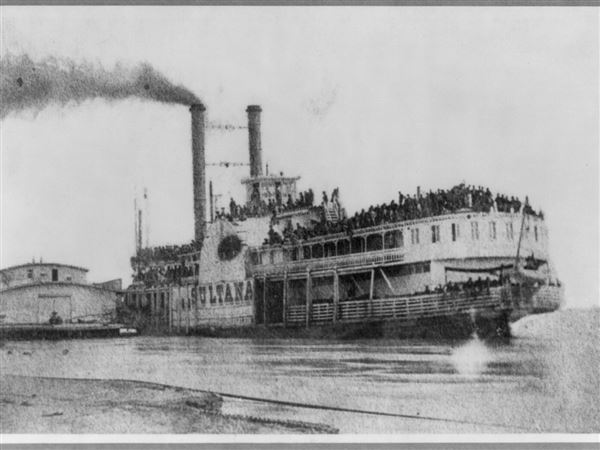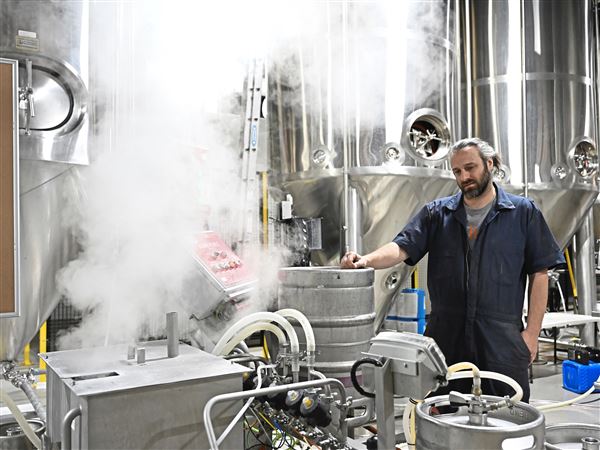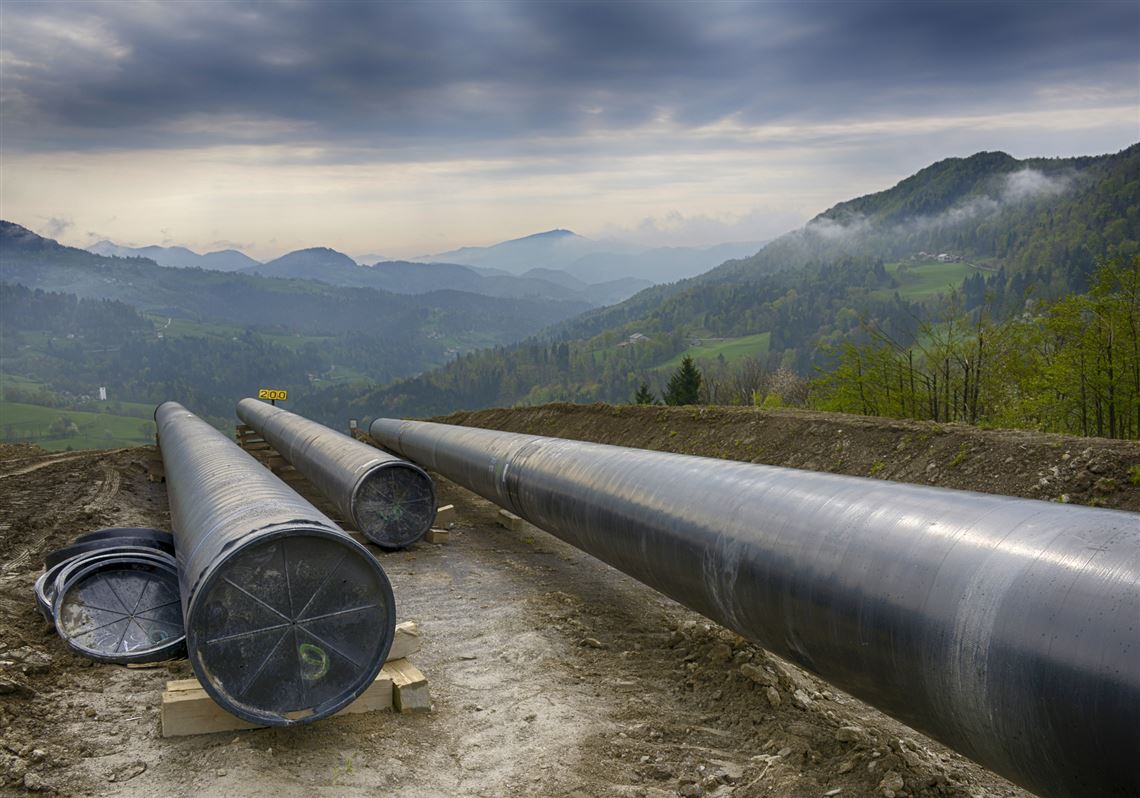A pipeline incident that occurred in Beaver County last week is bringing increased attention to the issue of pipeline safety. Many residents are concerned about the pipelines that pass by their homes, schools, and places of business. Some are even going a step further and calling for a statewide moratorium on all pipeline construction.
I’ve spent the past decade working on pipeline safety issues as an attorney-advisor for the Pipeline and Hazardous Materials Safety Administration (PHMSA), a member of Gov. Tom Wolf’s Pipeline Infrastructure Task Force and an attorney in private practice.
I understand the anxiety that people feel after a pipeline incident. They want to know that their families are safe, and that the folks in charge are doing what is necessary to protect public safety.
Every incident serves as a reminder of the additional work that needs to be done to make pipelines safer. But that does not mean that we should ignore the important role that pipelines play in improving our lives or disregard the efforts that are being made to build upon the industry’s strong safety record.
Pipelines are a critical part of the nation’s energy infrastructure. There are more than 2.7 million miles of pipelines in the United States, and Pennsylvania is home to approximately 91,000 miles of pipelines, according to the latest PHMSA data.
These lines carry the energy products that heat our homes, run power plants, provide fuel for transportation, and deliver the feedstock that is used to make countless consumer goods.
Pipelines are the safest and most reliable means of transporting energy products. The Frasier Institute, a Canadian-based research organization, found in a recent study that pipelines are 4.5 times safer than other comparable modes of energy transportation.
PHMSA’s data shows that the number of serious pipeline incidents involving fatalities or injuries has gone down significantly over the past two decades, from 70 in 1998 to 26 in 2017.
While pipelines are the safest means of transporting energy, the industry is committed to further improving safety. According to a 2015 report from the American Gas Foundation, the pipeline industry invests about $21 billion per year on safety.
These investments fund critical pipeline operations, maintenance and integrity management activities; research and development initiatives for the next generation of pipeline safety technologies; public awareness, education, and community outreach programs; and the repair, replacement, and rehabilitation of high-risk infrastructure.
A statewide moratorium on pipeline construction will make Pennsylvania less safe. According to the latest data from the U.S. Energy Information Administration, natural gas is the primary heating fuel for 51 percent of Pennsylvania households. and the second largest fuel source for electricity generation.
Banning new infrastructure development would place Pennsylvania’s existing pipeline infrastructure under increasing strain in the meantime, and consumers would face energy supply shortages and increased prices. Power plants would be idled, schools and hospitals would be closed, homes would be left without heat, and stores would no longer be able to sell basic consumer products.
The industry’s first priority is pipeline safety. Better results can only be achieved if we recognize the ways that pipelines improve our lives, and how different the world would be if they did not exist. That world would not be a safer place, which is why I urge Pennsylvanians to oppose a ban on pipeline construction.
Keith J. Coyle, a Pennsylvania native, is a member of Babst Calland’s Washington D.C. practice where he specializes in energy, environmental and transportation safety.
First Published: September 18, 2018, 4:00 a.m.














